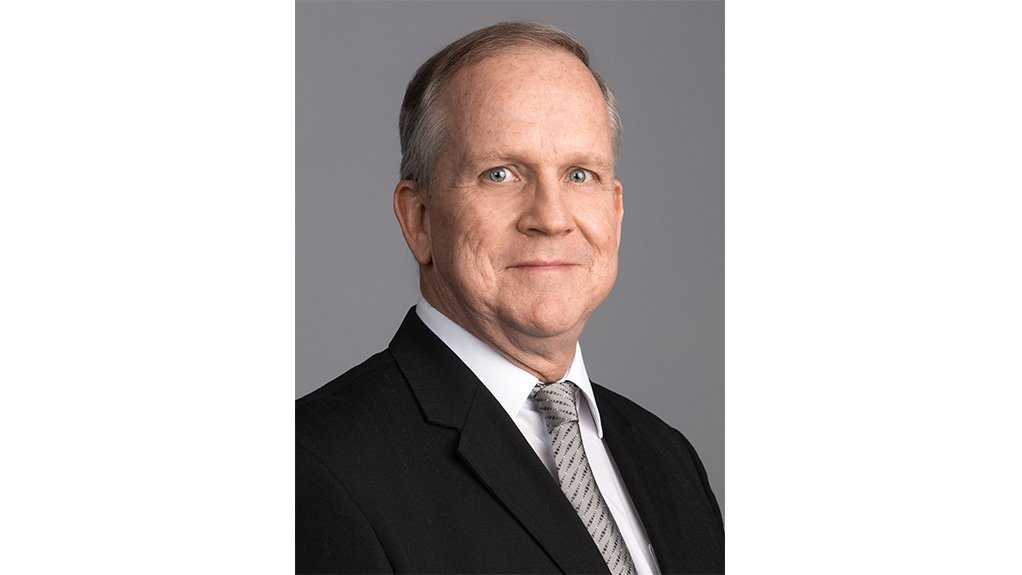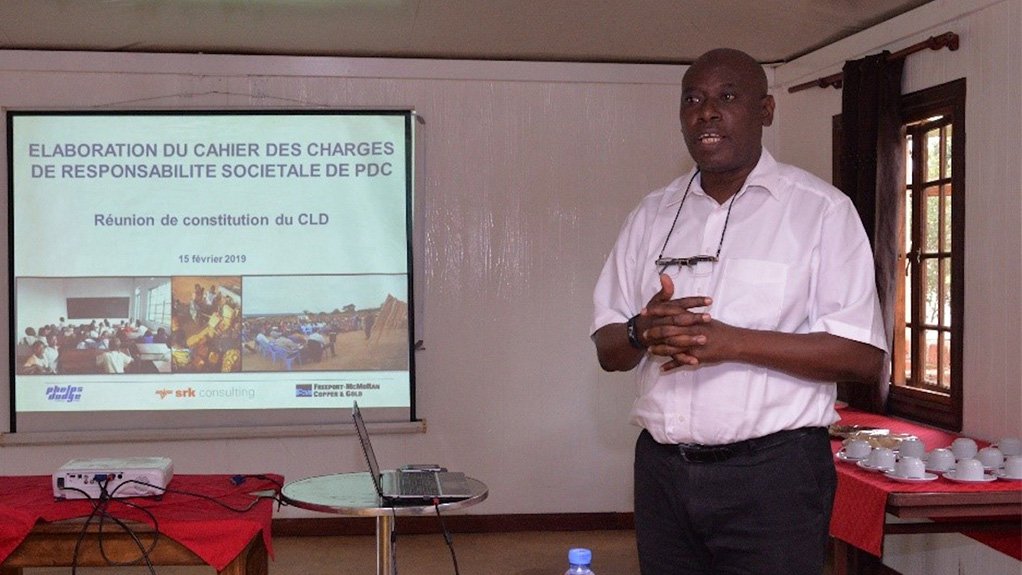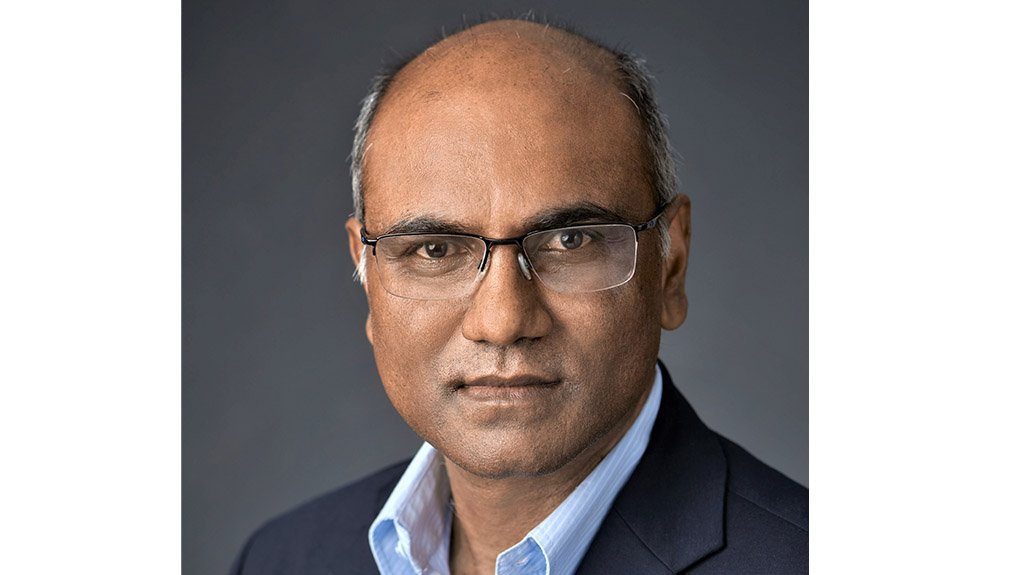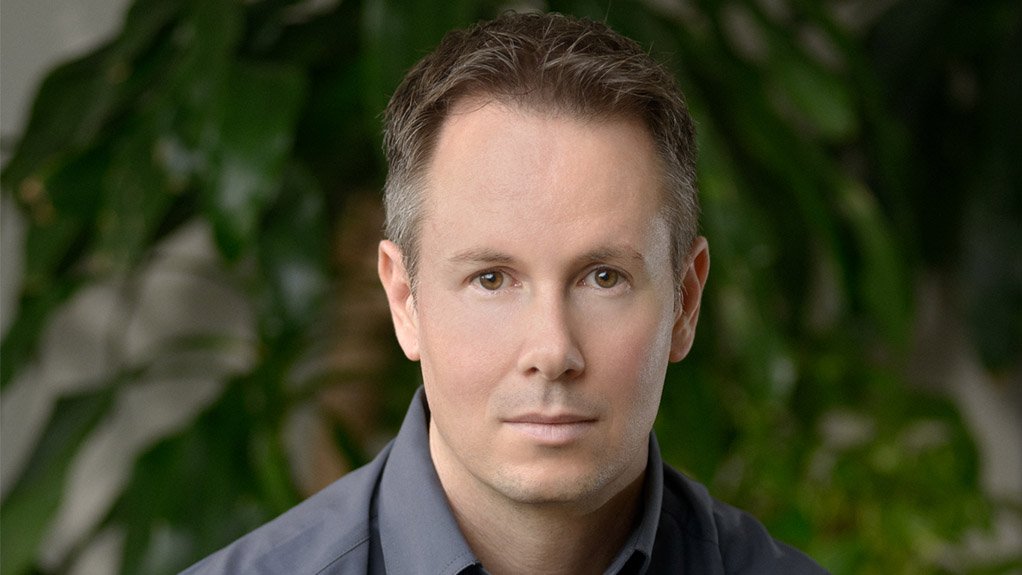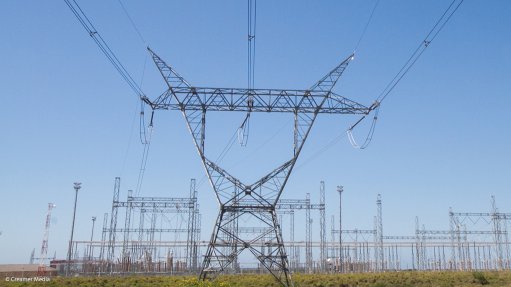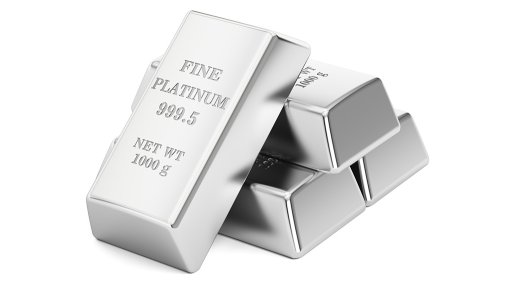Mining of DRC’s battery minerals must embrace past lessons learnt
This article has been supplied.
In the race for battery in minerals in the Democratic Republic of Congo (DRC) and other African countries, mining can learn from its past lessons to ensure sustainability and positive local impact.
According to Vis Reddy, chairman of SRK Consulting South Africa, there have been considerable strides in international best practice, including vital areas such as community engagement. With this in mind, SRK Consulting (SRK) will have members of its DRC, South Africa and China practices at the upcoming DRC Battery Metal Forum in Kinshasa, where these and other topics will be on the agenda.
“As the world moves toward a low-carbon future (decarbonisation) and economies demand higher production of minerals and metals for batteries, there is an opportunity to give mining a fresh start on a more sustainable footing since many of these minerals occur in areas that do not have a historical association with mining,” said Reddy. “In recent decades, for instance, miners globally have learned a great deal about how communities are impacted by mining and what stakeholders expect from these operations.”
Raising ESG bar
He highlighted that the bar has been continually raised in terms of environmental, social and governance (ESG) requirements, and that good practice is being developed apace to meet these demands. While jobs are created when mines start, and infrastructure is invariably upgraded to the advantage of local communities, there are many other ways that the local benefits of mining can be enhanced and shared.
“In the past, role players like local communities were often neglected in the planning and operation of mines,” he said. “This is now changing, and there are strategies, frameworks and expertise available for mining to achieve win-win solutions with communities and make an even greater contribution to economic development.”
Constructive solutions for artisanal mining
Philippe Katuta, who is a stakeholder engagement specialist in SRK Congo’s office in Lubumbashi, noted that the wide prevalence of artisanal mining was also an important issue for mining companies to address constructively.
“In countries where jobs are scarce, communities have high expectations of mining – and this has led to artisanal mining across many different minerals; the stakes are further heightened as artisanal mining has grown following the increased global demand for metals for batteries and its legalisation in the mining code in specific areas (ZEA)” said Katuta. “Mining companies need to develop innovative solutions that involve those artisanal miners and communities who are involved in artisanal mining on or near their operations.”
He said that SRK had been doing pioneering work in the DRC and other countries on engaging mining stakeholders so that there was mutual benefit in their cooperation. He pointed out that health and safety issues affecting artisanal miners was an important element of these solutions.
“Working in collaboration with SRK offices in China and South Africa, SRK Congo has been applying good international ESG practice in DRC,” he said. “This allows us to harness world-class expertise while communicating clearly with clients across language and cultural barriers.”
Growing complexity
Alexander Thin, principal consultant in project evaluation and mining in SRK’s Chinese practice, said the rise of battery minerals in the DRC was also bringing greater environmental challenges. While the traditional mining of copper and cobalt in the country was well established and understood, the mining and processing of battery minerals could be more complex.
“The processing of lithium, for example, requires crushing and concentration followed by pyrometallurgical conversion and finally hydrometallurgical processing,” said Thin. “This affects the environmental impact and risks of mining and processing operations, as well as the whole footprint of the mine.”
He reiterated the value of having SRK experts from China and South Africa working with their colleagues in the DRC to form integrated teams on mining, environmental, social and other aspects of mining projects.
Human rights focus
As a principal environmental specialist at SRK, Wouter Jordaan spends regular time in the DRC and emphasises the growing focus on human rights in mine planning and development. This has a special relevance for the mining of battery minerals in the DRC, he said, as these deposits are often found in areas where mining was either non-existent or small-scale, which had collapsed around the 1980s following declining global demand for tin and falling commodity prices. “Livelihoods in areas like this have been based on subsistence agriculture and fishing for centuries, so mining is likely to cause major social disruption that needs to be carefully managed.”
In addition to the introduction of formal mining – which complies with national regulations and good industry practice – there will also invariably be the complexity of artisanal mining, which is less controlled and could lead to various other social and environmental problems.
“When mining begins in this kind of territory, there will need to be infrastructure improvements and rapid urban development,” he said. “The mining companies who are there first really need to set the standard for those that follow – by planning responsibly for their inevitable impacts.”
Article Enquiry
Email Article
Save Article
Feedback
To advertise email advertising@creamermedia.co.za or click here
Comments
Press Office
Announcements
What's On
Subscribe to improve your user experience...
Option 1 (equivalent of R125 a month):
Receive a weekly copy of Creamer Media's Engineering News & Mining Weekly magazine
(print copy for those in South Africa and e-magazine for those outside of South Africa)
Receive daily email newsletters
Access to full search results
Access archive of magazine back copies
Access to Projects in Progress
Access to ONE Research Report of your choice in PDF format
Option 2 (equivalent of R375 a month):
All benefits from Option 1
PLUS
Access to Creamer Media's Research Channel Africa for ALL Research Reports, in PDF format, on various industrial and mining sectors
including Electricity; Water; Energy Transition; Hydrogen; Roads, Rail and Ports; Coal; Gold; Platinum; Battery Metals; etc.
Already a subscriber?
Forgotten your password?
Receive weekly copy of Creamer Media's Engineering News & Mining Weekly magazine (print copy for those in South Africa and e-magazine for those outside of South Africa)
➕
Recieve daily email newsletters
➕
Access to full search results
➕
Access archive of magazine back copies
➕
Access to Projects in Progress
➕
Access to ONE Research Report of your choice in PDF format
RESEARCH CHANNEL AFRICA
R4500 (equivalent of R375 a month)
SUBSCRIBEAll benefits from Option 1
➕
Access to Creamer Media's Research Channel Africa for ALL Research Reports on various industrial and mining sectors, in PDF format, including on:
Electricity
➕
Water
➕
Energy Transition
➕
Hydrogen
➕
Roads, Rail and Ports
➕
Coal
➕
Gold
➕
Platinum
➕
Battery Metals
➕
etc.
Receive all benefits from Option 1 or Option 2 delivered to numerous people at your company
➕
Multiple User names and Passwords for simultaneous log-ins
➕
Intranet integration access to all in your organisation



